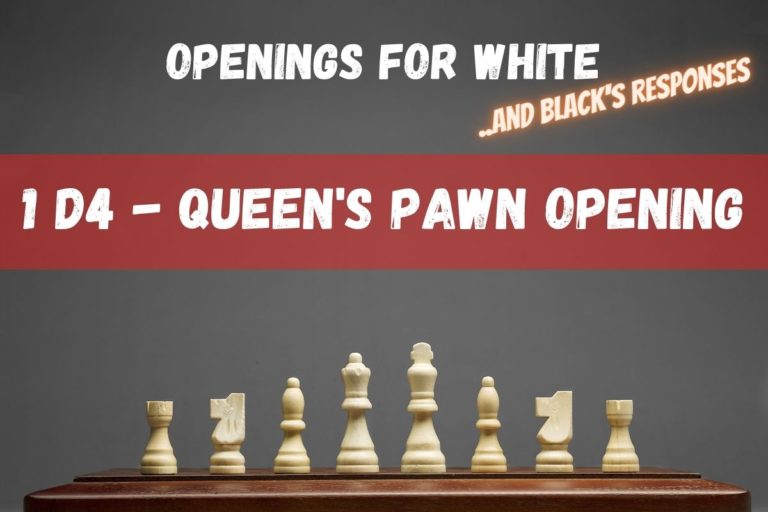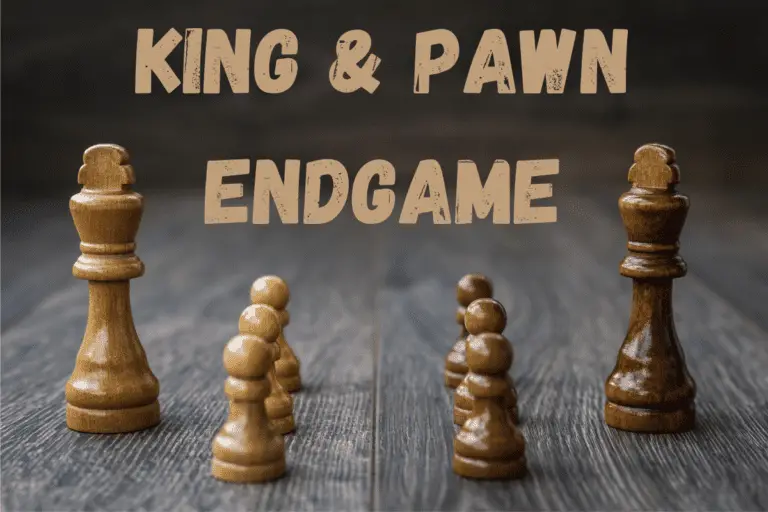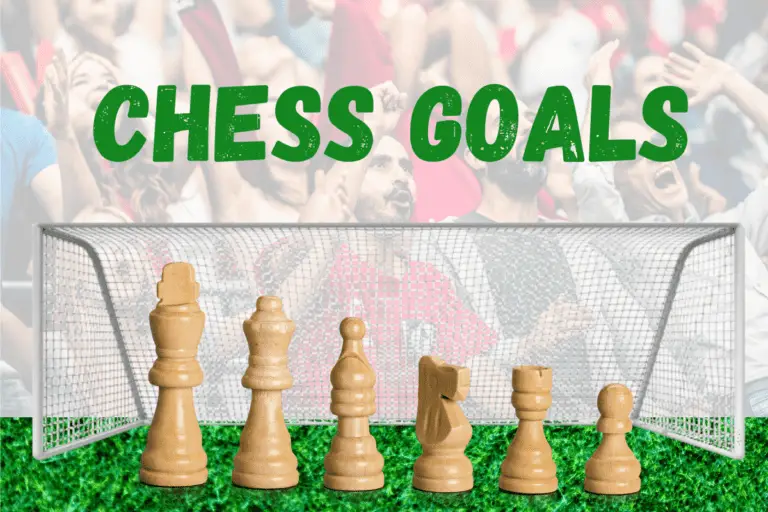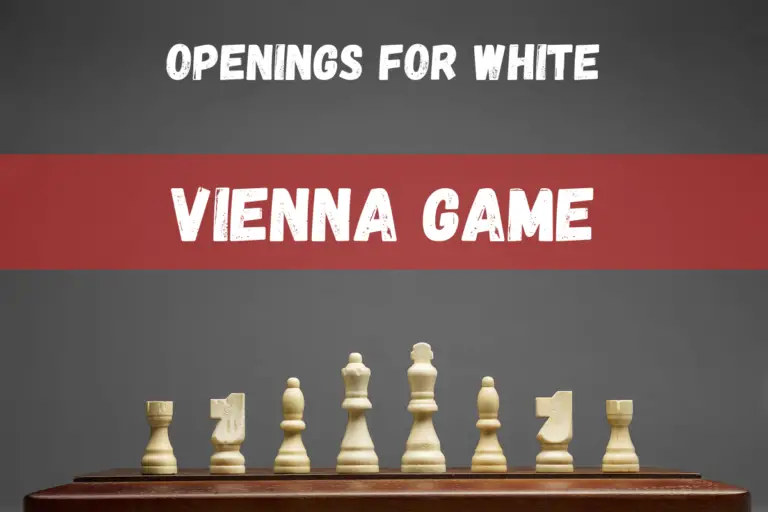5 Non-Scientific Reasons How Kids Benefit Learning Chess
⭐⭐⭐ Take 6 minutes to read and improve your chess game ➡️ : This article was first published on, and is Copyright of Chessquestions.com
This article will move into reasoning as to why chess should be taught in school and there will be scientific reasoning from research studies, but we are talking about kids here.
Kids want to have fun right, and if we can take all the science out and find simple, fun, and enjoyable benefits as to why kids will enjoy learning chess, we should concentrate on them first, so let’s look at some simple reasons why kids should learn chess.
Reasons Kids Should Play Chess
Whether they learn in school, are taught by yourself or a mentor, or given that chess engines are better than chess grandmasters, an online computer program, there are good reasons why your children will benefit from learning chess.
1. A Safe, Fun and Competitive Game
The best thing about chess for kids is that there is no hunting, chasing or killing involved whatsoever. Oh hang on…
Well, there is a bit of hunting and chasing and then the capture, but you know what i mean.
As an alternative to some of the grotesquely themed computer games out there, chess provides a superb platform to outwit an opponent, and simply capture them when caught rather than all the other unmentionable stuff that goes on in computer games these days!
2. Kids Love to be Challenged
If there is one thing children love, it is to be set a challenge and become good at something,
Inherently, kids love to impress and if they can do so by outwitting you on the chess board they are going to put heart and soul into it. Kids can take defeat better than most aduts give them credit for.
They love to be challenged by someone better than them, and you’ll often hear them protest ‘You let me win’ if you make it easy on them.
Kids instinctively know they have to rise to the challenge and find a way to win, and chess is the perfect platform for that instinct
3. Children Love to Win
More than the challenge there is no greater delight in a childs life than winning, and beating that challenge.
The game of chess can only go three ways, you win lose or draw. When kids play chess they play to the bitter end, there is no agreed draw consideration, they will focus on finding a way to win somehow
4. Risk and Reward
Whilst this is a simple reason, it does fall into the important ones too.
Every move you make has a consequence, and you soon learn what that consequence is.
Chess will help kids understand the risk in making a decidion, or taking a chance. They quickly begin to be able to evaluate the risk against the value of the reward and this is such a transferable skill to life as a human being.
Take a chance on a chess board and lose, and you’ll learn quickly to really consider your next action, and understand that, you ultimately make the choice on what can happen to you next.
5. Strategic Thinking
Now, whilst this list started out as fun we have moved through the challenge, the victory and risks that we take to achieve the goal.
Is that not strategic thinking at its best?
And whether we are fully aware or not, as adults we are strategically thinking jus about every minute of the day. Kids will learn strategic thinking by proxy learning and playing chess, and without thinking apply that to life as a developing child.
What better grounding could you want.
These are fun reasons why learning chess as a child can be beneficial, but along with the light heareted tone, I’m sure you have identified the bnefits too. So with that in mind, let’s consider why chess should be taught in school
Should Chess be taught in Schools?
Ever wondered why the world chess championships have been dominated staggeringly by the Russians?
It is because chess has been part of the curriculum in Russian education. Children are motivated to start early and solidify their critical thinking skills over time.
But that said, chess is not only of importance to those who are going to become professional players in future.
Despite arguments as to whether chess can make you smarter, math, a subject taught to all at school for the sake of the cognitive development of every child, chess has benefits that can help every human make better decisions and solve problems in real life.
And so, there has been a considerable push for chess to be included in the curriculum in schools in the US, and for good reason.
Research on educational benefits of chess
In the 80s, when the American Foundation started a Chess in Schools Program, they also studied the results of adding chess to the curriculum. It was found that students who played chess showed a 17 percent improvement in their test scores too, while those that preferred other activities showed only 4 percent betterment.
Many researchers such as Adrian de Groot have been rightly intrigued by the mental benefits of chess, and for that they compared the relative capabilities among chess players. This was in order to judge how those who were experienced and playing since an early age displayed better analysis and evaluation skills, and how they were able to so quickly make complex moves.
A test of memory confirmed that these “Grandmasters” did not rely on superior random memory skills, but “meaningful” brain memory that is stored in the form of “patterns” in the brain. What involves a long sequence of decision-making steps for a novice, is often processed almost instantly by an expert.
It was concluded that chess players develop efficient neurological structures which make complex problem solving and a multi-layered cause-and-effect sequence almost intuitively solvable for them.
This is no surprise either, because scientifically, every part of our body eventually adapts to higher levels of activity. The brain is no different. Your brain power grows the more you use it. It builds new neural connections to keep up with the demand that is posed to it.
Learning to think critically and logically
Everyone would agree that critical thinking is a life skill, not just a skill that chess players or mathematicians use. In fact, one of the major goals of a good education is to make students capable enough to make reasoned judgments.
The way a player has to formulate his plan in chess improves critical thinking more than any other activities do.
It involves assessing the outcome of every possible alternative and then logically choosing the one which will produce the most reasonable outcome.
When a person gets used to this way of thinking, it becomes ingrained as a mindset. Even in day-to-day life, he is less likely to just go with the flow or leave things to chance. He becomes a believer in proactively and critically dealing with situations to increase the likelihood of winning.
Strategic long-term planning
Chess, unlike many other games, does not just involve focusing on the immediate outcome of a move. There might be nothing more disastrous in a chess game than not foreseeing future implications of a decision.
This ability to develop an entire strategy and plan for many moves ahead, is the core of chess and even life itself. The farsightedness a person develops helps him plan to keep his long-term goals in mind.
Meeting with failure and success
Although this is not unique to chess, it is a general benefit associated with any game with two possible outcomes: success and failure. Including chess in a curriculum would ensure that students are familiarized with the idea of gracefully accepting defeat.
It is essential for them to be taught that sometimes they will face setbacks, but they must embrace them gracefully and find in them a motivation to get back up and try harder. It also teaches them to learn from previous experiences and improve their strategy in order to win at the game.
You never play the same game twice
If you actually permute the possible number of unique games that can be played in chess, it is mind-boggling (mathematicians estimate 10^50)! And thus, you never play the same game twice.
Every time it is a new challenge to be solved. Children aren’t just learning moves, they are essentially learning how to think to be able to win in any given situation!
In terms of the different thinking cognitive abilities it develops, most people agree that chess develops reasoning more practically and holistically than even mathematics does. It is hard to think of another activity that reaps so many great benefits combined!






